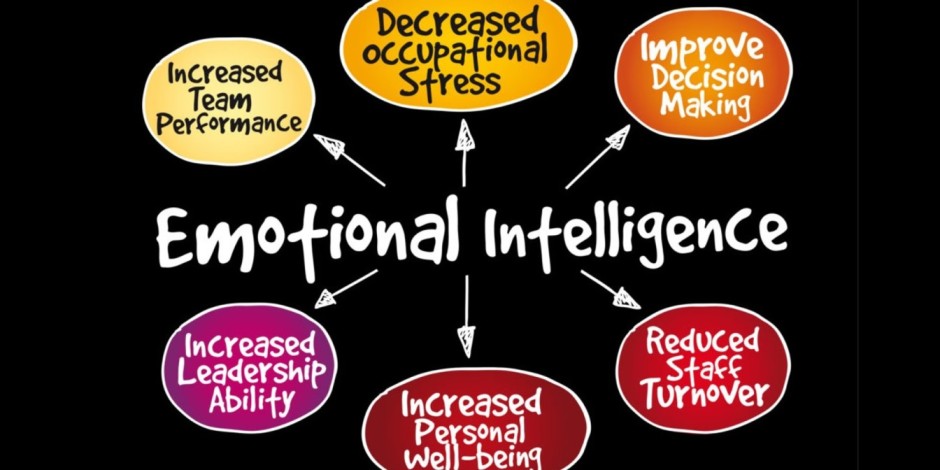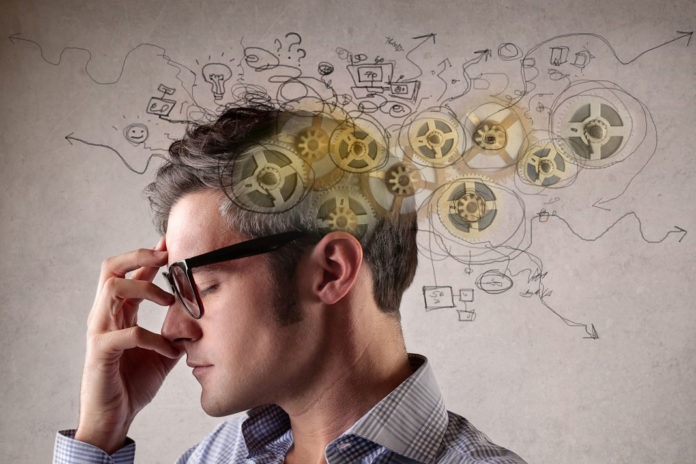The ability to think critically is crucial for success in education. It enables individuals to analyze information and make informed decisions. It also helps in solving problems and improves communication. Cognitive abilities are important in critical thinking.
But, an often overlooked aspect is emotional intelligence. It is the ability to recognize, understand, and manage emotions. It enhances our skills and has a positive impact on Linkhouse how we think. Let’s find out more.
Examples of Emotional Intelligence in Critical Thinking
EI in critical thinking can be applied in different situations. To understand it better, check out a few critical thinking essay examples online. Students may use them as a free resource to facilitate their learning process.
Such examples help college or university students develop. It trains them to be ready to face the outside world after the lesson at school. Let’s see how emotional intelligence in critical thinking works.
Analyzing a Controversial Issue
Emotional intelligence helps individuals remain open-minded when analyzing a controversial topic. It enables them to consider different arguments without depending on emotions. People check the evidence and weigh opposing viewpoints to draw reasoned conclusions.
Problem-Solving in a Team
EI facilitates effective collaboration and problem-solving within a team. It allows people to devise innovative solutions. That is done by empathizing with team members and understanding their perspectives. It allows people to manage conflicts constructively. A teacher with emotional intelligence solves problems with ease.
Decision-Making in High-Stress Environments
In high-pressure situations, EI enables individuals to regulate their emotions. It helps people to stay focused and make well-informed decisions. By managing your emotions, you can avoid impulsive or biased decision-making. Instead, you will rely on logical reasoning and evidence-based analysis.
Understanding Emotional Intelligence
EI includes a range of skills that allow individuals to navigate social interactions. It also helps them to understand their own emotions. These skills are not only valuable in personal relationships. They can also apply in professional settings or in school.
It is true that emotional intelligence and critical thinking are connected. They complement and enhance each other. Here’s how EI contributes to the development of critical thinking abilities.
Self-Awareness and Reflection
Self-awareness is a key component of emotional intelligence. It involves understanding our own emotions, motivations, and biases. With self-awareness, we become more conscious of our thinking processes.
It is helpful for a student in college or university. Self-awareness allows people to examine their thoughts and question their beliefs and notions. It helps to overcome cognitive biases that hinder logical thinking.
Emotion Regulation
It is the ability to manage and control emotions. During challenging situations, individuals with high emotional intelligence can remain calm and composed. It enables them to think clearly and make rational decisions.
EI equips us with the skills to control impulsive reactions. It also helps manage stress and maintain focus in high-pressure situations. This resilience fosters critical thinking and minimizes interference of biases. It also allows for a more objective analysis of information.
Empathy and Perspective-Taking
Empathy is the ability to understand and share the feelings of others. It is a fundamental aspect of emotional intelligence. Empathy allows us to consider different viewpoints and perspectives. It makes us more open-minded and receptive to diverse ideas and opinions. The ability to see things from various angles broadens our understanding. It also enhances our analytical thinking.
Effective Communication and Collaboration
Strong communication and interpersonal skills are vital for critical thinking. EI enables individuals to express their ideas clearly and listen actively. It promotes constructive dialogue and the exchange of diverse perspectives. The collaborative approach enriches critical thinking by encouraging the exploration of multiple viewpoints.
Developing Emotional Intelligence for Enhanced Critical Thinking
Here are some strategies that help to develop EI.
Self-Reflection
Engage in regular self-reflection to enhance self-awareness. Take the time to understand your emotions, thoughts, and reactions in different situations. Also, identify assumptions that might prevent critical thinking and work toward overcoming them.
Enhance Empathy
Practice empathy by listening to others. Seek to understand their emotions and perspectives. Moreover, engage in exercises that challenge your own viewpoints. It will broaden your understanding of different experiences.
Develop Effective Communication Skills
Work on improving your communication skills. This includes active listening, clear expression of ideas, and non-verbal communication. Effective communication facilitates collaboration and encourages open dialogue.
Manage Stress
Build resilience and stress-management techniques to handle high-pressure situations effectively. Engaging in relaxation techniques helps to reduce stress and promote clarity of thought.
Conclusion
Emotional intelligence plays a significant role in enhancing critical thinking abilities. By developing self-awareness, individuals can unlock their full potential for critical thinking. EI and critical thinking help to approach challenges with clarity. Embrace it and watch your critical thinking abilities develop to become better.















